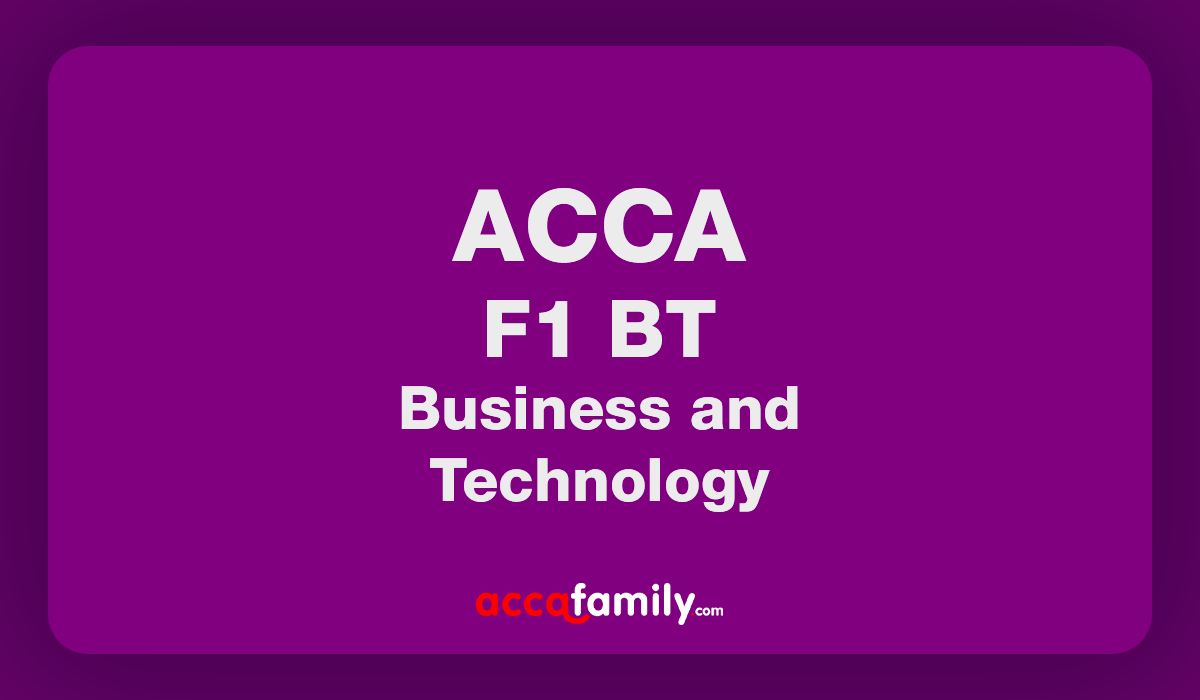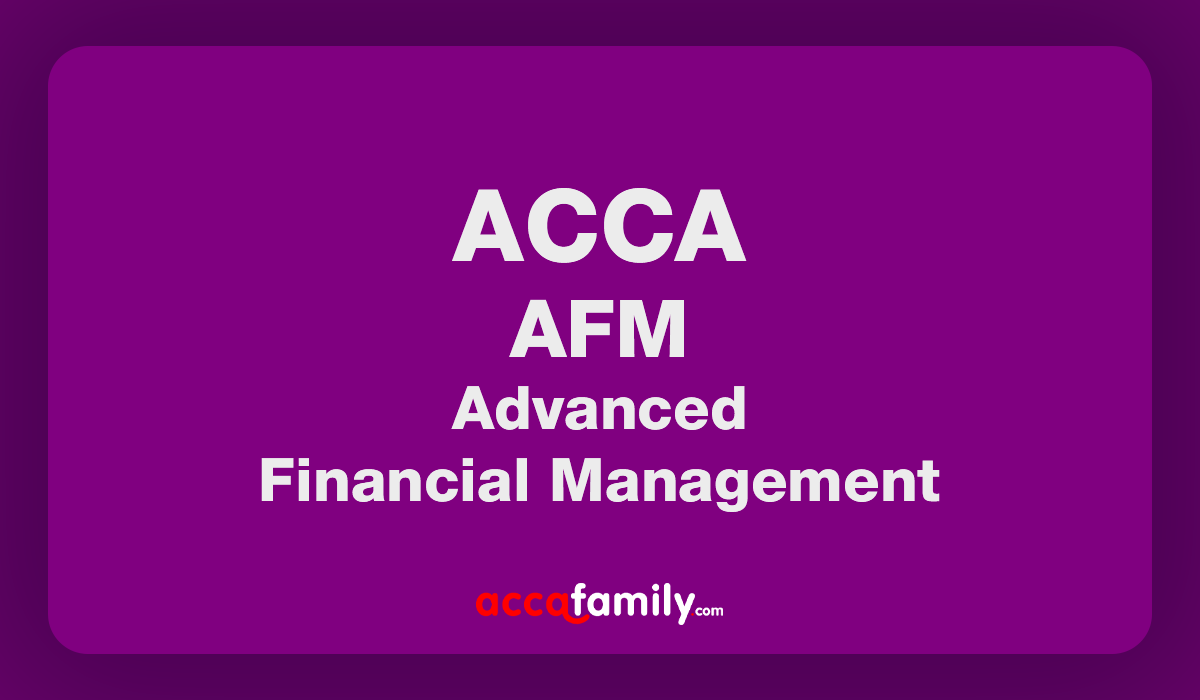Are you searching for comprehensive study materials and essential resources to excel in your ACCA MA2 Managing Costs and Finance examination? This detailed guide provides everything you need to understand the MA2 module, effective study strategies, and how to maximize your chances of success using proven preparation methods.
Understanding ACCA MA2 Managing Costs and Finance Module
| Aspect | Details |
|---|---|
| Module Code | MA2 (Management Accounting) |
| Duration | 2 hours |
| Question Format | Multiple choice and multi-task questions |
| Pass Mark | 50% |
| Study Hours | 150-200 hours recommended |
| Prerequisites | MA1 Management Information |
The ACCA MA2 Managing Costs and Finance module forms a crucial foundation in your ACCA journey. This paper focuses on cost accounting principles, budgeting techniques, and financial management concepts that every management accountant must master.
Core Learning Areas in MA2
The MA2 syllabus covers five main areas that you need to understand thoroughly:
Cost accounting systems form the backbone of this module. You will learn how organizations track, allocate, and control costs across different departments and products. This includes understanding direct costs, indirect costs, and overhead allocation methods.
Budgeting and forecasting techniques help businesses plan their financial future. You will study various budgeting approaches, including zero-based budgeting, incremental budgeting, and rolling budgets.
Standard costing and variance analysis enable organizations to monitor performance against predetermined standards. This section teaches you how to calculate and interpret different types of variances.
Performance measurement systems help evaluate organizational effectiveness. You will explore key performance indicators, balanced scorecards, and other measurement frameworks.
Short-term decision making involves analyzing various business scenarios to make optimal choices. This includes make-or-buy decisions, pricing strategies, and resource allocation.
How Difficult is the ACCA MA2 Exam to Study and Pass?
The MA2 Managing Costs and Finance exam presents moderate difficulty for most ACCA students. Understanding the complexity level helps you prepare appropriately and set realistic expectations.
Difficulty Assessment
Most students find MA2 challenging due to its mathematical nature and requirement for precise calculations. The pass rates typically range between 60-70%, indicating that with proper preparation, success is achievable.
Time management becomes critical in this exam. You need to solve numerous calculations within the allocated time frame, making practice essential for building speed and accuracy.
Conceptual understanding matters more than memorization. The exam tests your ability to apply cost accounting principles to real business situations rather than simply recalling formulas.
Common Challenges Students Face
Complex calculations often overwhelm students, especially those with limited mathematical backgrounds. Regular practice with calculation-intensive questions builds confidence and competence.
Variance analysis requires systematic approaches to identify and interpret different types of variances. Many students struggle with understanding the practical implications of calculated variances.
Budget preparation involves multiple interconnected components. Students often find difficulty in understanding how different budgets relate to each other and impact overall financial planning.
Why Choose Kaplan for ACCA MA2 Preparation
Kaplan stands as one of the most trusted names in ACCA education, offering comprehensive study materials and proven teaching methodologies that enhance your learning experience.
Advantages of Kaplan Study Materials
Comprehensive coverage ensures you study all syllabus areas thoroughly. Kaplan materials align perfectly with ACCA learning outcomes and examination requirements.
Experienced authors create content based on years of teaching experience and deep understanding of student needs. Their expertise translates into clear explanations and practical examples.
Updated content reflects the latest ACCA syllabus changes and examination trends. This ensures you study relevant material that matches current examination standards.
Kaplan’s Teaching Methodology
Structured learning approach breaks down complex topics into manageable sections. This systematic method helps you build knowledge progressively and retain information effectively.
Interactive examples demonstrate practical applications of theoretical concepts. These real-world scenarios help you understand how cost accounting principles apply in business environments.
Progressive difficulty levels start with basic concepts and advance to complex applications. This approach builds your confidence gradually while ensuring thorough understanding.
Benefits of Using PDF Practice, Revision, and Exam Kits
PDF study materials offer flexibility and convenience that traditional textbooks cannot match. Understanding these benefits helps you make informed decisions about your study resources.
Accessibility and Convenience
Instant access allows you to start studying immediately without waiting for physical deliveries. This immediate availability proves especially valuable for last-minute revision sessions.
Portable format enables studying anywhere using laptops, tablets, or smartphones. This flexibility helps you maximize study time during commutes or travel.
Searchable content allows quick location of specific topics or concepts. This feature saves significant time during revision and reference activities.
Cost-Effective Learning
Reduced expenses compared to printed materials make PDF resources budget-friendly for students. This affordability enables access to multiple study resources without financial strain.
Environmental benefits support sustainable learning practices while maintaining educational quality. Digital materials eliminate paper waste and printing costs.
Easy updates ensure you always access the latest versions with corrections and improvements. Publishers can quickly distribute updated content to all users.
How to Plan Your ACCA MA2 Study Schedule
Effective planning forms the foundation of successful ACCA preparation. Creating a structured study schedule helps you cover all topics systematically while maintaining consistent progress.
Creating Your Study Timeline
Assessment of available time helps determine realistic study goals. Consider your work commitments, personal obligations, and other responsibilities when planning your schedule.
Topic prioritization based on syllabus weights and your strengths ensures efficient time allocation. Focus more attention on high-weightage areas and challenging topics.
Milestone setting creates measurable progress indicators throughout your preparation period. Regular checkpoints help you stay on track and adjust your approach if needed.
Weekly Study Structure
Daily study sessions should ideally last 2-3 hours for optimal concentration and retention. Shorter, focused sessions often prove more effective than lengthy, exhausting study periods.
Topic rotation prevents monotony and enhances overall understanding. Alternating between different syllabus areas keeps your mind engaged and prevents burnout.
Practice integration should occur regularly throughout your study period. Combine theoretical learning with practical application through consistent question practice.
How to Effectively Prepare for the ACCA MA2 Exam
Strategic preparation involves more than simply reading textbooks. Successful candidates employ specific techniques and approaches that maximize their learning efficiency and examination performance.
Understanding Examination Techniques
Question analysis skills help you interpret what examiners actually want. Learning to identify key requirements and allocate appropriate time to each question component improves your performance significantly.
Calculation accuracy becomes paramount in MA2 examinations. Develop systematic approaches to complex calculations and always verify your answers through alternative methods when possible.
Time allocation strategies ensure you complete all questions within the examination timeframe. Practice with timed conditions helps you develop appropriate pacing for different question types.
Building Strong Foundations
Conceptual understanding must precede mechanical application. Ensure you grasp the underlying principles before attempting complex calculations or analysis.
Formula mastery requires both memorization and understanding of when to apply specific formulas. Create formula sheets and practice applying them in various contexts.
Practical application connects theoretical knowledge with real business scenarios. Seek opportunities to relate your learning to actual business situations for deeper understanding.
“Success in ACCA MA2 comes from consistent practice, clear understanding of concepts, and effective time management during examinations.” – ACCA Education Expert
Last-Minute Preparation Guide for MA2
Final preparation strategies can significantly impact your examination performance. These techniques help you consolidate your knowledge and boost confidence in the days leading up to your exam.
Final Week Preparation
Revision focus should concentrate on high-probability topics and areas where you feel less confident. Use past examination trends to guide your final revision priorities.
Practice papers under timed conditions simulate actual examination pressure. Complete at least three full practice papers in the week before your exam to build familiarity with time constraints.
Formula review ensures quick recall during the examination. Create concise formula summaries and review them multiple times during your final preparation period.
Day Before the Exam
Light revision prevents information overload while maintaining your preparation momentum. Focus on reviewing key formulas, concepts, and common mistakes rather than learning new material.
Rest and preparation for the physical demands of the examination prove equally important. Ensure adequate sleep, prepare required materials, and plan your journey to the examination center.
Confidence building through positive visualization and brief practice helps calm pre-examination anxiety. Remind yourself of your preparation efforts and trust in your abilities.
Key Takeaways
- MA2 Managing Costs and Finance requires strong analytical skills and consistent practice to master cost accounting principles
- Kaplan study materials provide comprehensive coverage and proven teaching methodologies for ACCA success
- PDF resources offer flexibility, accessibility, and cost-effective learning solutions for modern students
- Strategic planning and structured study schedules maximize learning efficiency and examination preparation
- Regular practice with calculations and variance analysis builds confidence and accuracy
- Time management skills prove crucial for completing all examination questions within allocated timeframes
- Conceptual understanding forms the foundation for successful application of cost accounting principles
Frequently Asked Questions
Q: How many hours should I dedicate to studying MA2 Managing Costs and Finance? A: Most successful candidates spend 150-200 hours preparing for MA2. This includes studying theory, practicing calculations, and completing mock examinations.
Q: What makes Kaplan materials superior to other publishers for ACCA preparation? A: Kaplan offers comprehensive coverage, experienced authors, updated content, and proven teaching methodologies specifically designed for ACCA success.
Q: Can I pass MA2 using only PDF materials without attending classes? A: Yes, many students successfully pass using quality PDF materials with disciplined self-study. However, consider your learning style and available support systems.
Q: Which topics in MA2 carry the highest examination weightage? A: Cost accounting systems, budgeting, and variance analysis typically carry significant weightage. However, study all syllabus areas for comprehensive preparation.
Q: How should I approach calculation-heavy questions during the exam? A: Read questions carefully, identify required information, apply appropriate formulas systematically, and always verify your calculations when time permits.
Q: What common mistakes should I avoid in MA2 examinations? A: Avoid rushing through calculations, misreading question requirements, poor time allocation, and failing to show working clearly for partial credit.
Conclusion
The ACCA MA2 Managing Costs and Finance examination requires dedicated preparation, strategic planning, and consistent practice to achieve success. By utilizing comprehensive study materials, maintaining disciplined study schedules, and focusing on both conceptual understanding and practical application, you can confidently approach this crucial examination.
Remember that success in MA2 builds the foundation for advanced management accounting papers in your ACCA journey. Invest the necessary time and effort in mastering these fundamental concepts, and you will reap the benefits throughout your professional accounting career.
Your preparation strategy should combine theoretical learning with extensive practice, utilizing quality resources that align with current examination standards. With proper planning, dedicated effort, and the right study materials, passing the MA2 Managing Costs and Finance examination becomes an achievable goal that opens doors to advanced accounting knowledge and career opportunities.















1 thought on “Practice and Revision Kit Managing Costs and Finance (MA2) | Kplan”